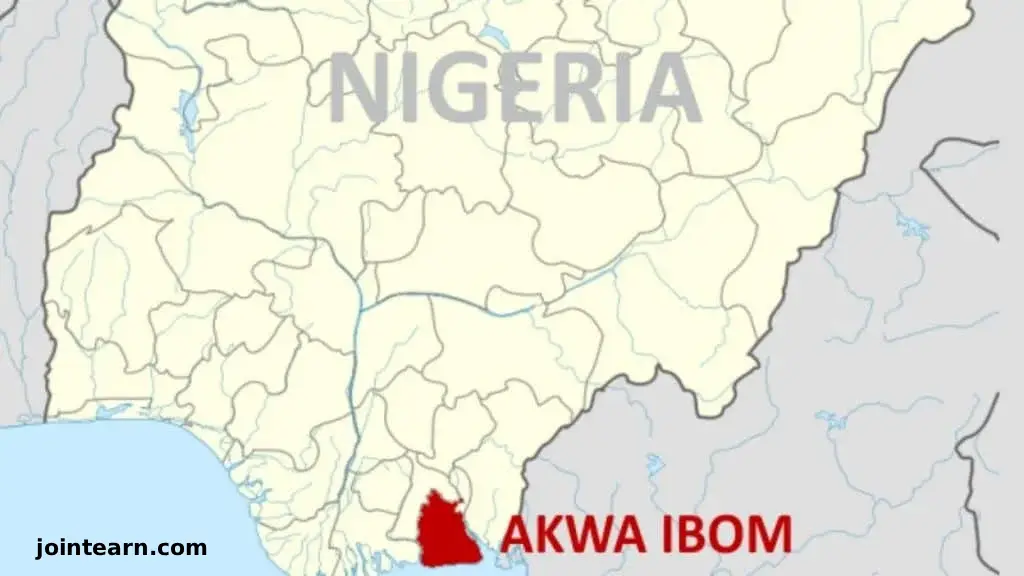
Mboho Mkparawa Ibibio, a leading socio-cultural association of the Ibibio people in Akwa Ibom State, has expressed outrage over the demolition of its community centre by the Lagos State Government.
The Secretariat and Community Centre, located at Rufai Close, off Rufai Street, Ojuelegba, Surulere, was registered under Title No. M07300 at the Lagos State Lands Registry, covering 758.136 square metres.
In a statement signed by the association’s International President, James Edet, the group described the demolition by the Lagos Metropolitan Area Transport Authority (LAMATA) as “one of the darkest moments in the history of the Ibibio Nation” and “a direct assault on our collective identity, dignity, and heritage.”
The community noted that the action occurred despite ongoing peaceful negotiations and without formal agreement or adequate compensation. Lagos State reportedly offered N11 million for the property, valued at over N250 million more than 15 years ago.
“The property was acquired through the selfless sacrifice and collective labour of our forebears. Its destruction is not merely a physical act — it is the demolition of our history, pride, and presence in this city,” the statement read.
Mboho Mkparawa Ibibio emphasized that it seeks justice and restoration, not merely financial compensation, calling on the Lagos State Government to provide a replacement property of equal or greater value. The community also highlighted perceived double standards, noting that while other ethnic groups freely operate in Ibibio-dominated Akwa Ibom, Ibibios in Lagos face “discrimination and dispossession.”
The group appealed to Governor Babajide Sanwo-Olu of Lagos, Governor Umo Eno of Akwa Ibom, Nigerians of conscience, human-rights advocates, cultural institutions, and the global Ibibio diaspora to intervene.
“Mboho Mkparawa Ibibio shall not be intimidated or broken. Our unity, pride, and heritage remain indestructible,” the statement concluded.
The association urged the Lagos State Government to halt further actions on the site and engage in meaningful dialogue to restore the community’s dignity and secure its rightful place in Lagos’ multicultural landscape.


Leave a Reply